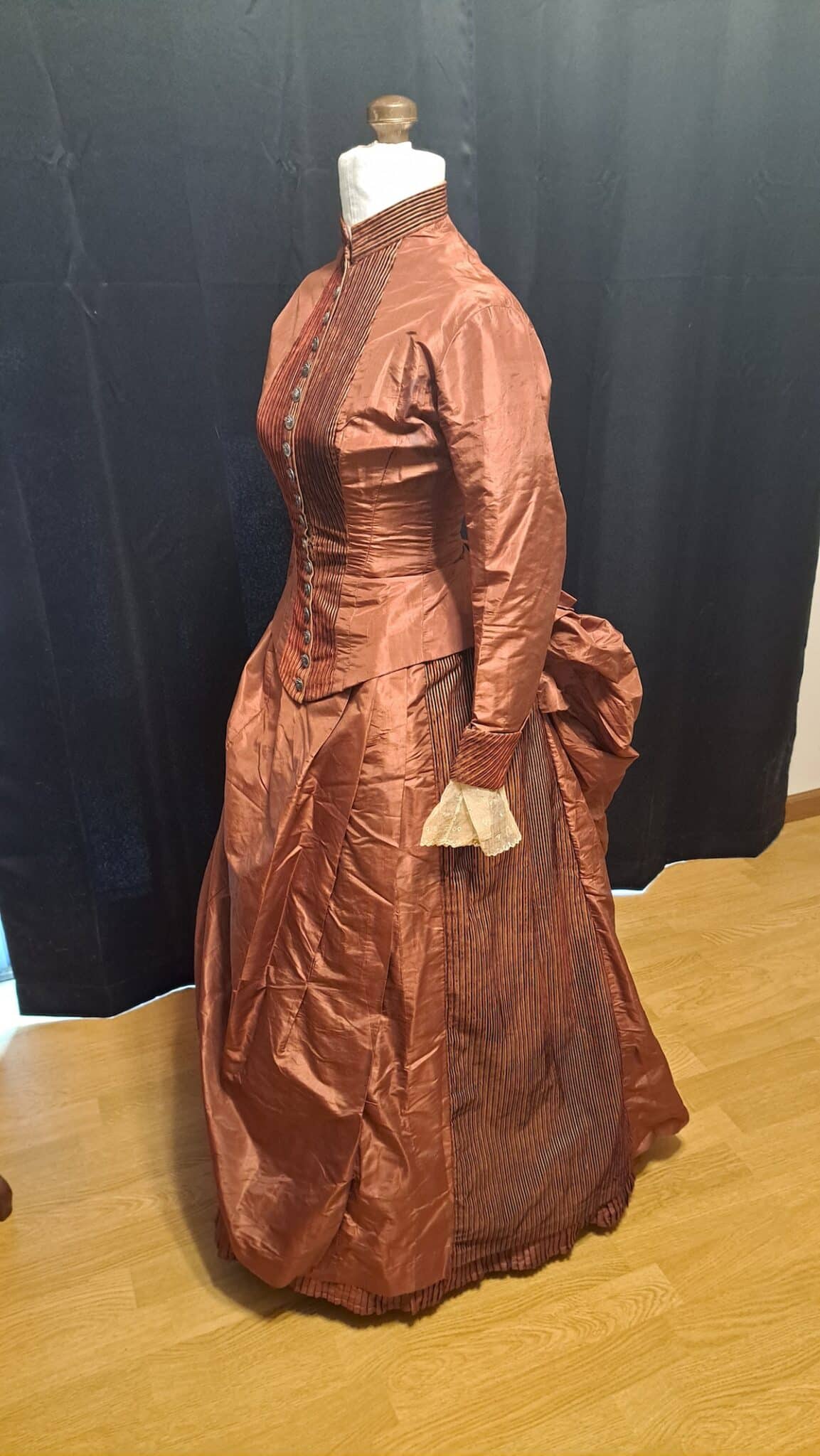
Photo: Sara Rivers Cofield
When Sara Rivers Cofield picked up a vintage 19th-century dress in 2014, she didn’t expect to find a mystery along with it. The curator and archaeologist purchased what looked like an ordinary bronze silk bustle dress from 1888 that was in extremely great condition. However, after she was able to inspect the complex garment, she realized that it came with a mysterious message—the contents of which would not be decoded until nearly 10 years later.
Cofield initially shared her excitement over the purchase on her blog. There, she broke down the different features of the dress that made it unique, such as still having its original buttons and a handwritten name tag sewn into the bodice lining that reads “Bennett.” However, things got more exciting when Cofield realized that there was a secret pocket built into the dress. “Usually built-in pockets don’t play hard-to-get, but even with help from my perennial antiquing partner, my mom, it took a while to get to the thing,” she writes. “Instead of being easily accessed through an inconspicuous slit in the over-skirt, this pocket opening is completely concealed by the over-skirt; as in, you have to hike up the draped silk, expose the cotton under-skirt, and generally disrupt the whole look to get to the pocket.” Furthermore, Cofield realized that due to its design and location, the pockets could only be accessed without damaging the dress if no one was wearing it.
Amazingly, when Cofield reached this secret pocket, there was something left inside—two translucent sheets of paper covered in handwritten notes. Unfortunately, the jottings themselves were not enlightening at first, with most of the lines containing strange sentences like “Bismark Omit leafage buck bank/ Paul Ramify loamy event false new event” alongside numbers and color notations. After some research and assistance, Cofield deduced that it was a telegraph code but it would be years later that data analyst Wayne S. Chan would figure out the meaning of the secret message. The odd phrases were part of telegraph messages used by the army and weather bureau to describe weather observations in the U.S. and Canada.
Through his research, Chan was even able to narrow down the day of the secret message to May 27, 1888. The translation for one of the lines was shared in The New York Times, and reads: “‘Bismark Omit leafage buck bank’ indicated the reading was taken at Bismarck station, in the Dakota Territory. ‘Omit’ was for an air temperature of 56 degrees and pressure of 0.08 inches of mercury, though the National Oceanic and Atmospheric Administration has said the true reading could have been higher. ‘Leafage’ for a dew point of 32 degrees, observed at 10 p.m. ‘Buck,’ clear weather, with no precipitation and a northerly wind. ‘Bank,’ a wind velocity of 12 miles per hour, and a clear sunset.”
While the mystery of the cipher has been solved, there are still plenty of unanswered questions about the message and why the owner kept them hidden in such a secret pocket.
Curator and archaeologist Sara Rivers Cofield purchased an 1888 silk dress at an antique shop in Maine.
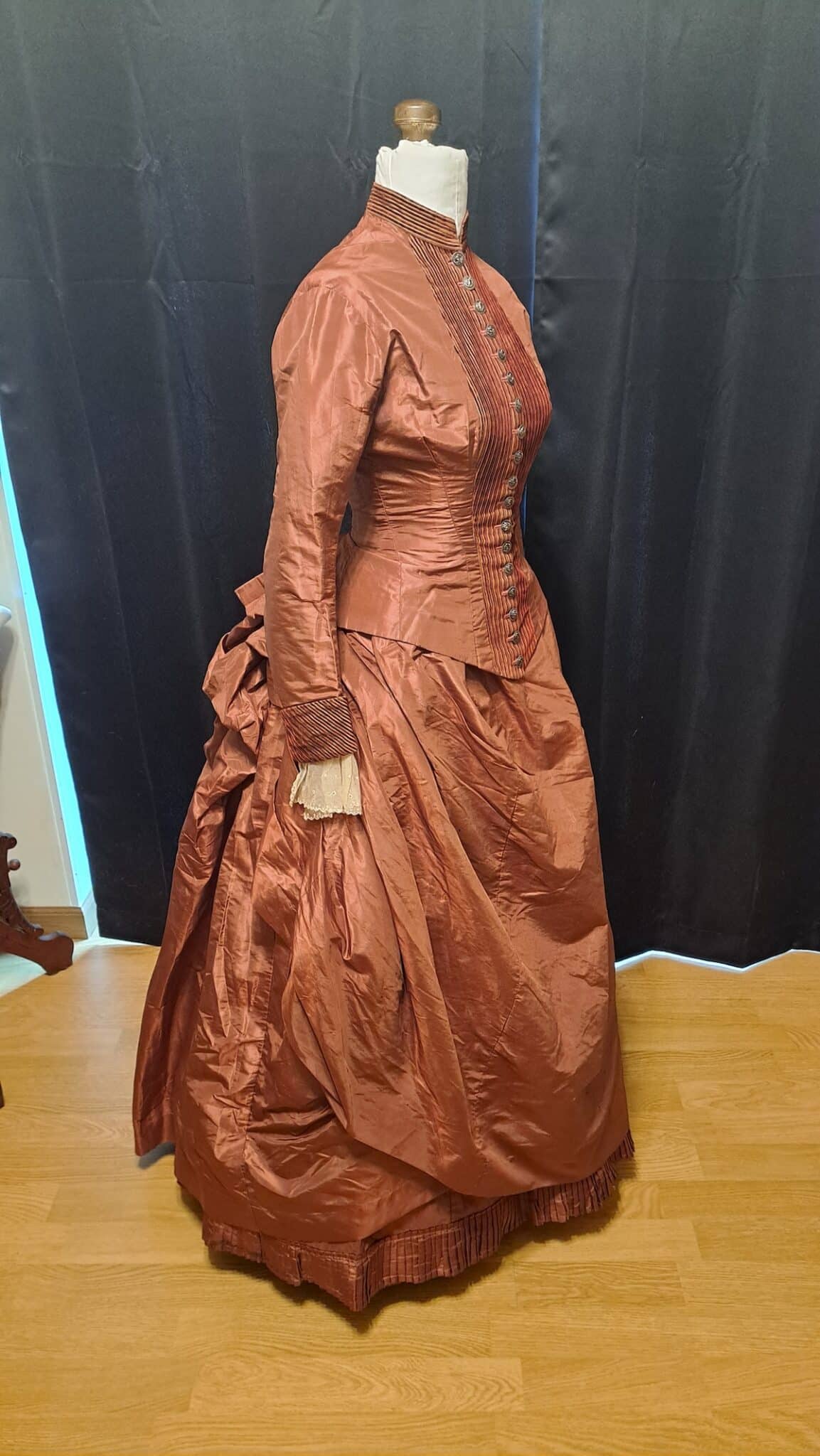
Photo: Sara Rivers Cofield
She found several sheets of translucent sheets of paper in a hidden pocket in the dress.
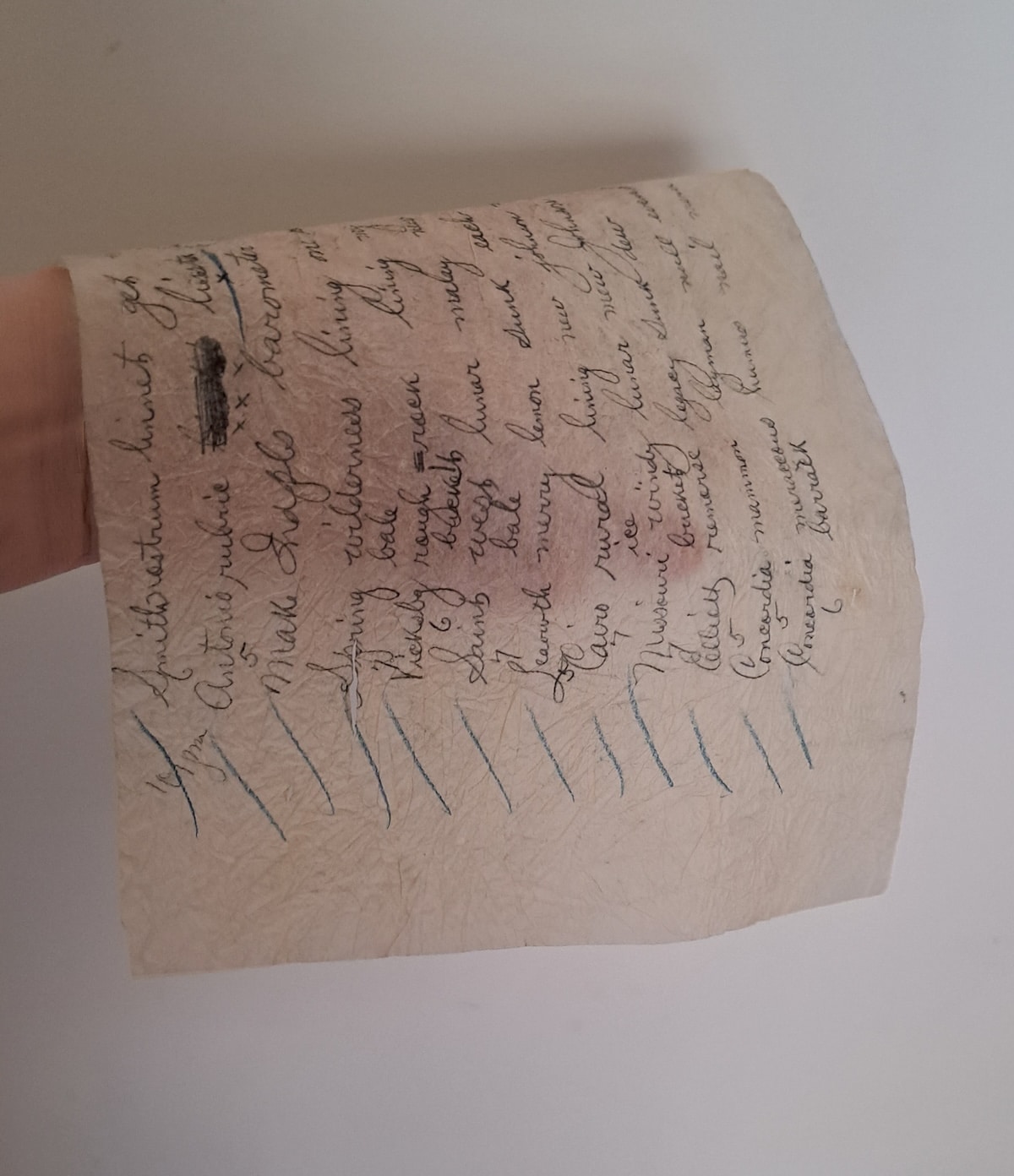
Photo: Sara Rivers Cofield
They were scribbled with mysterious messages.
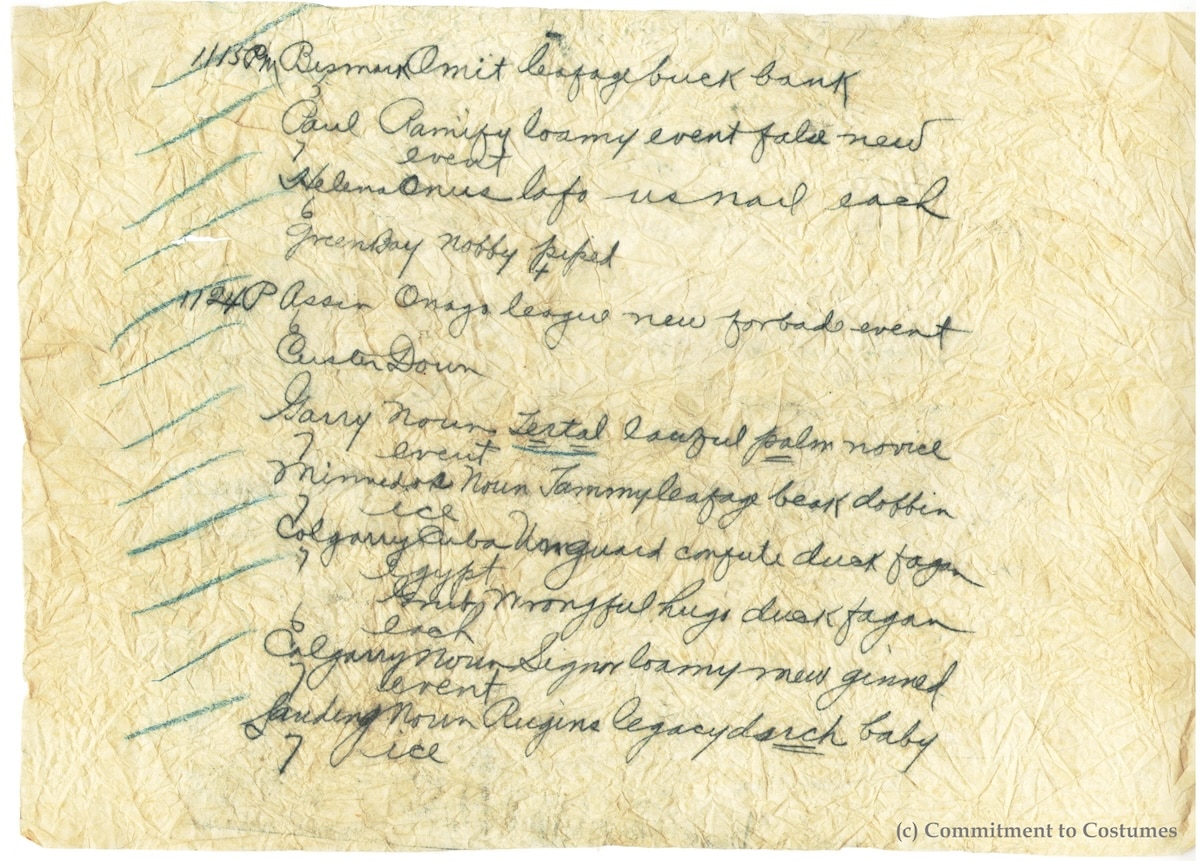
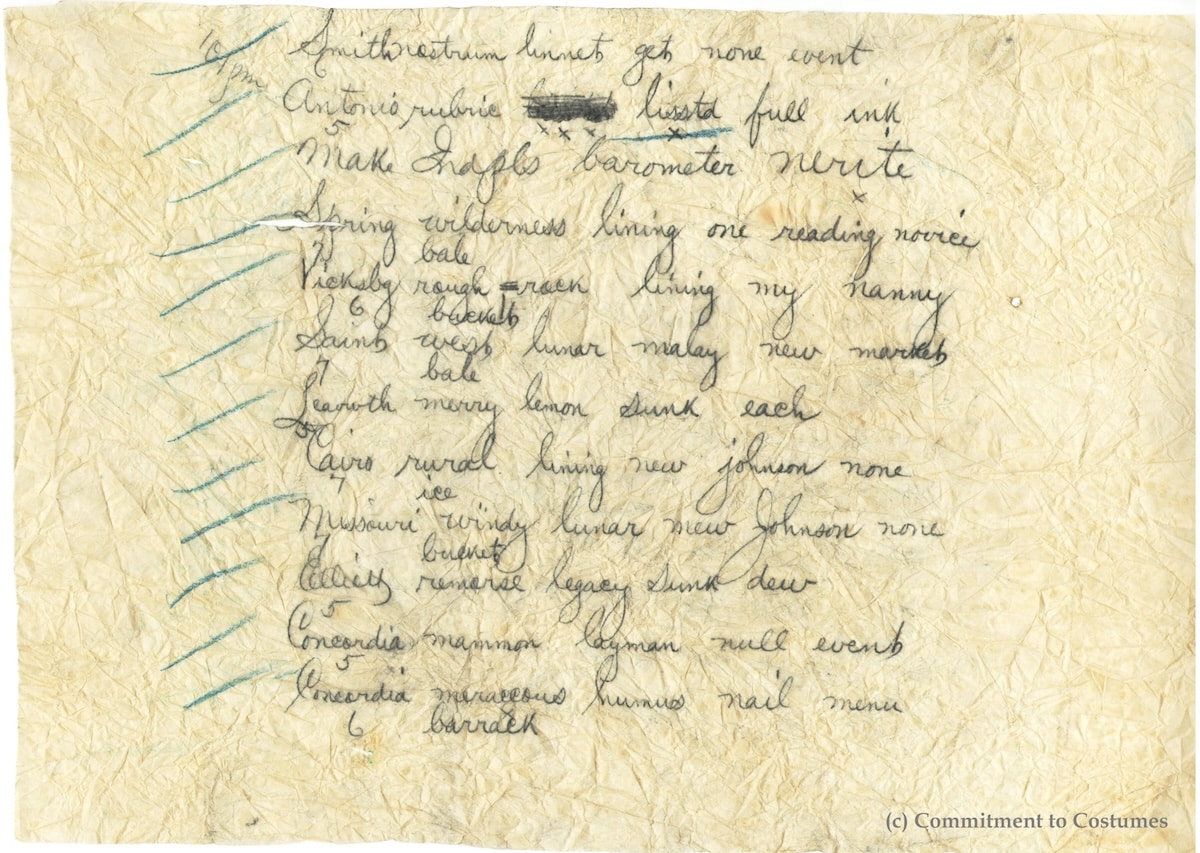
She later discovered that they were telegraph messages.
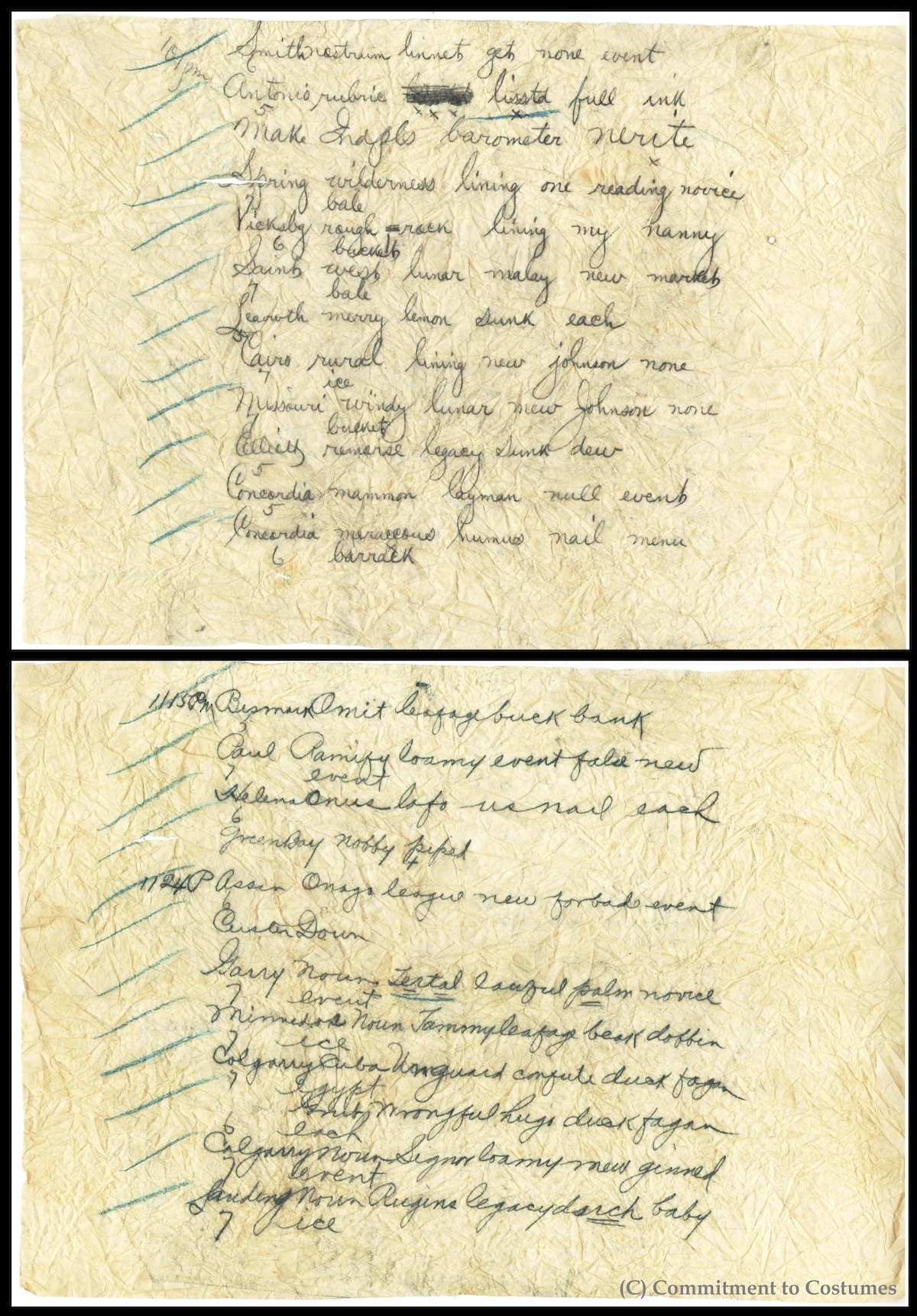
Recently, data analyst Wayne S. Chan finally solved the meaning of the notes.
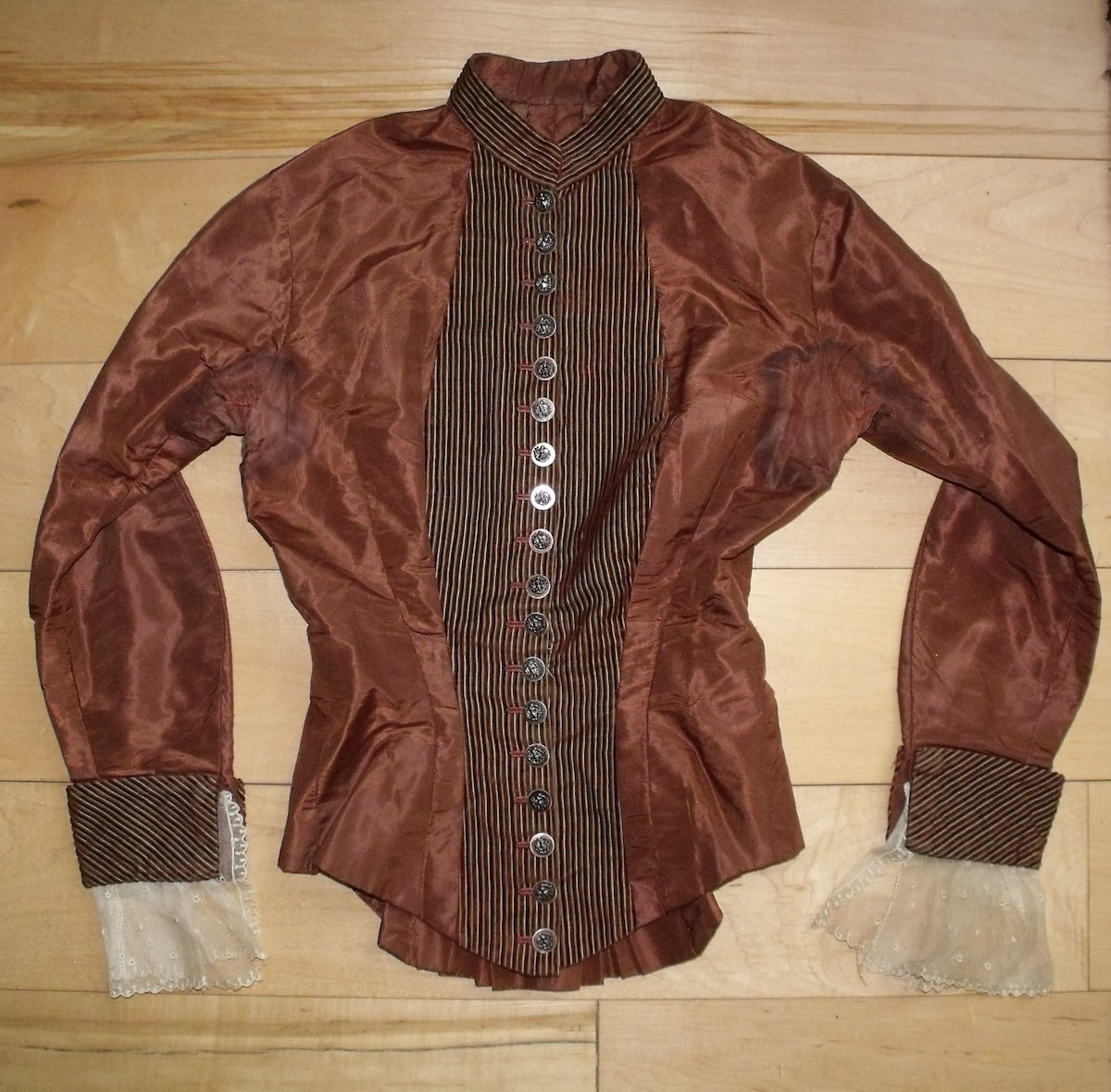
Photo: Sara Rivers Cofield
They were written in code to describe weather observations for the army and weather bureau.
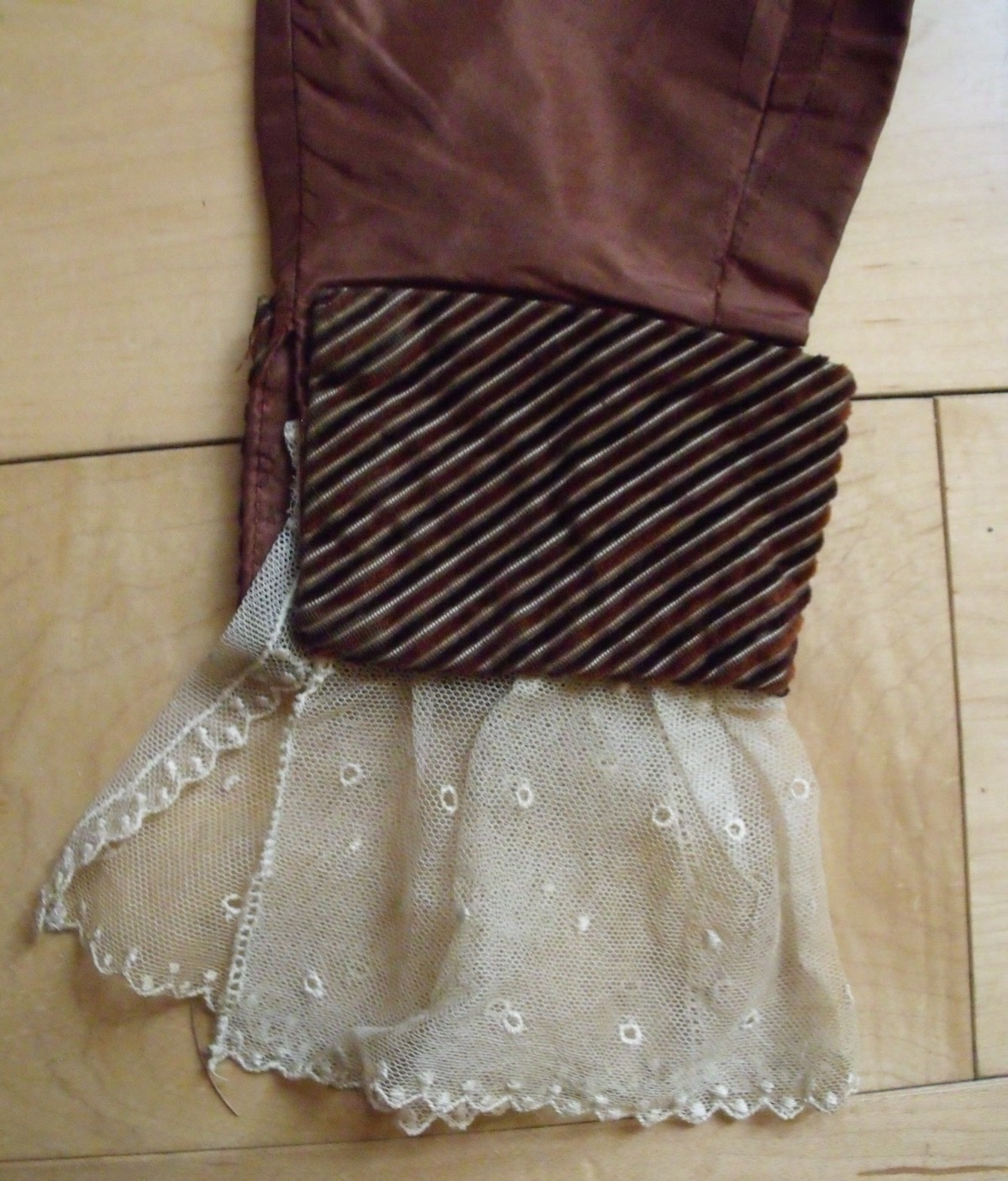
Photo: Sara Rivers Cofield
However, it is still unknown why the owner of the dress kept these messages in such a secret pocket.
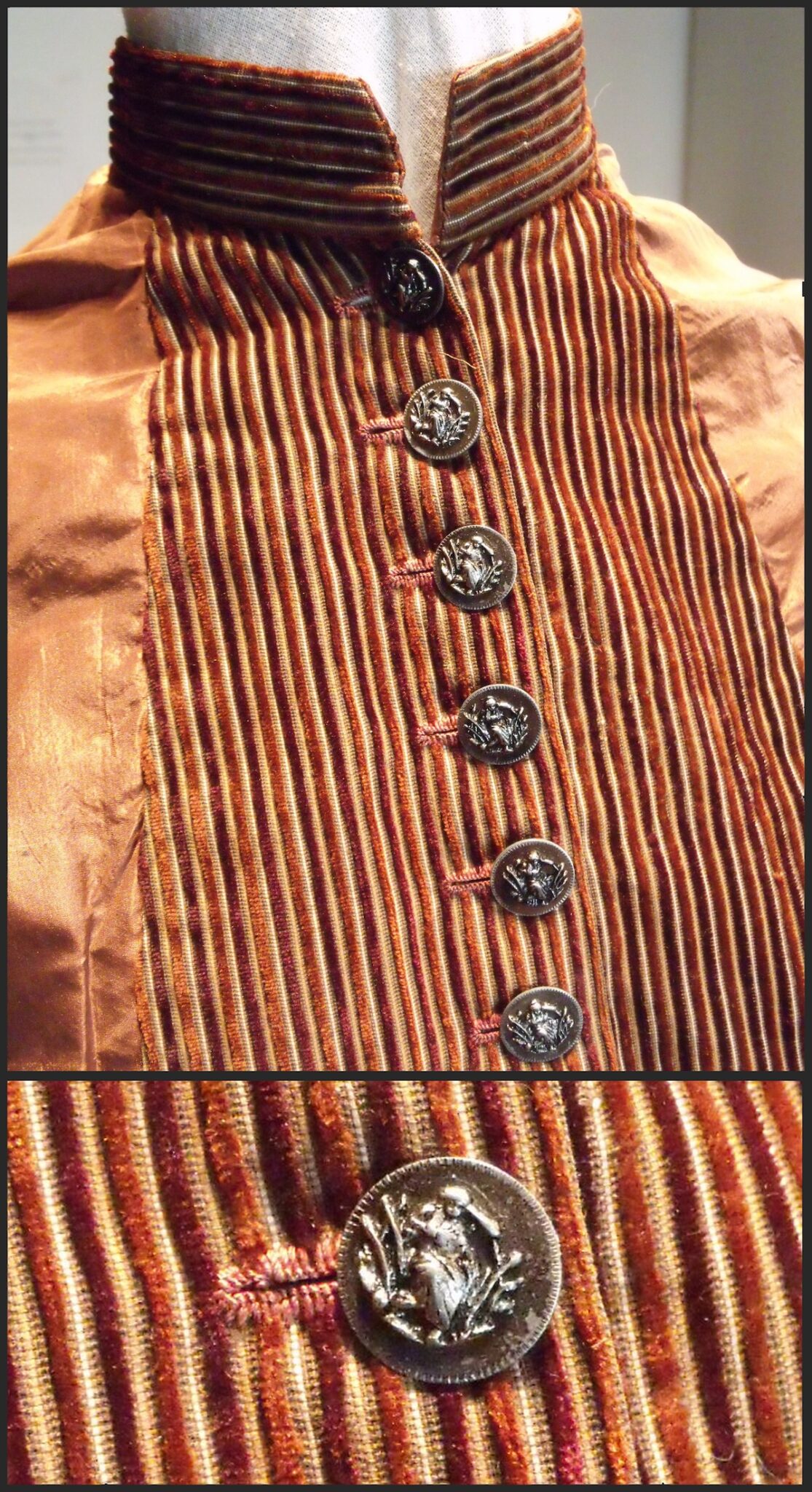
Photo: Sara Rivers Cofield
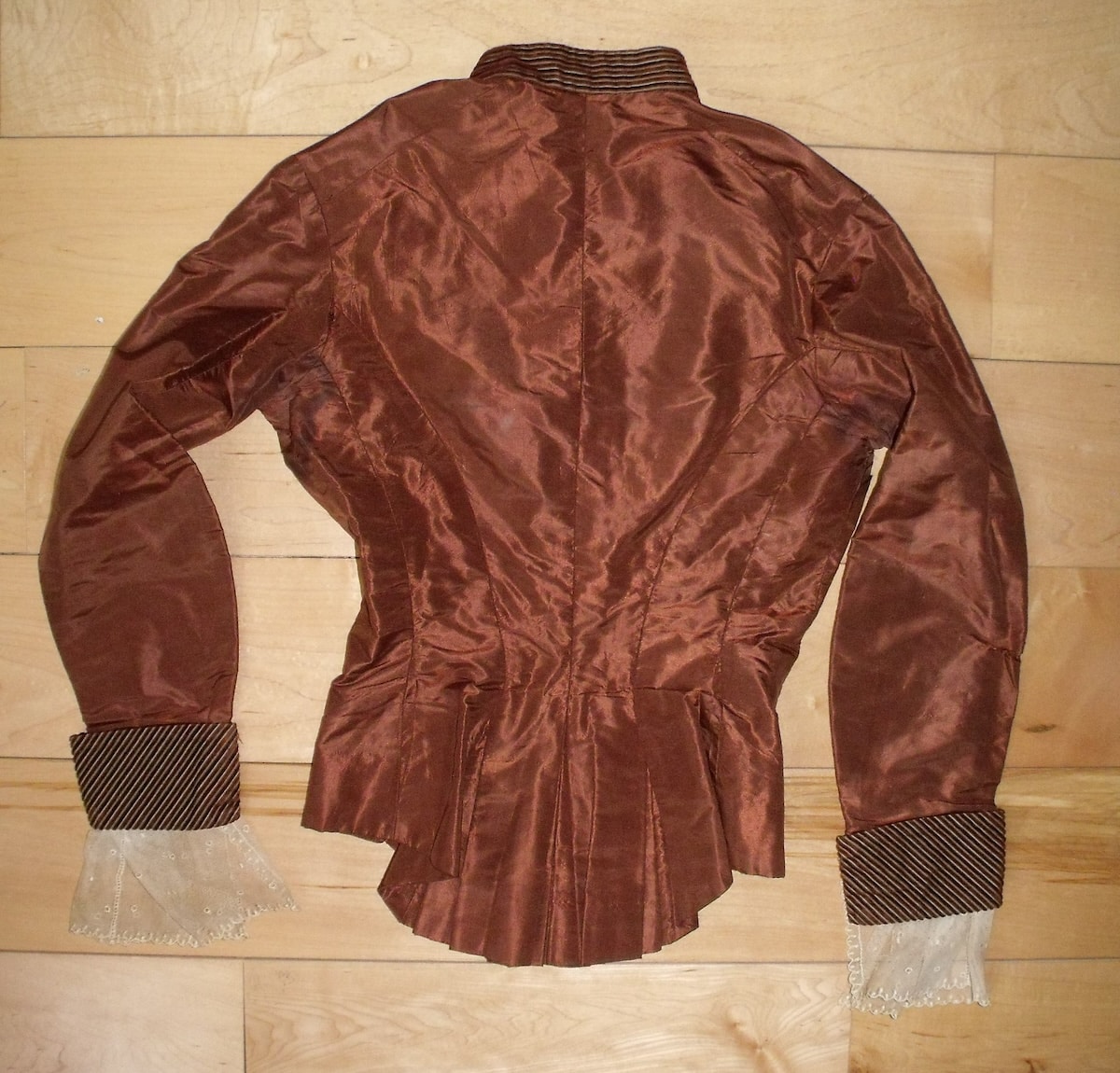
Photo: Sara Rivers Cofield
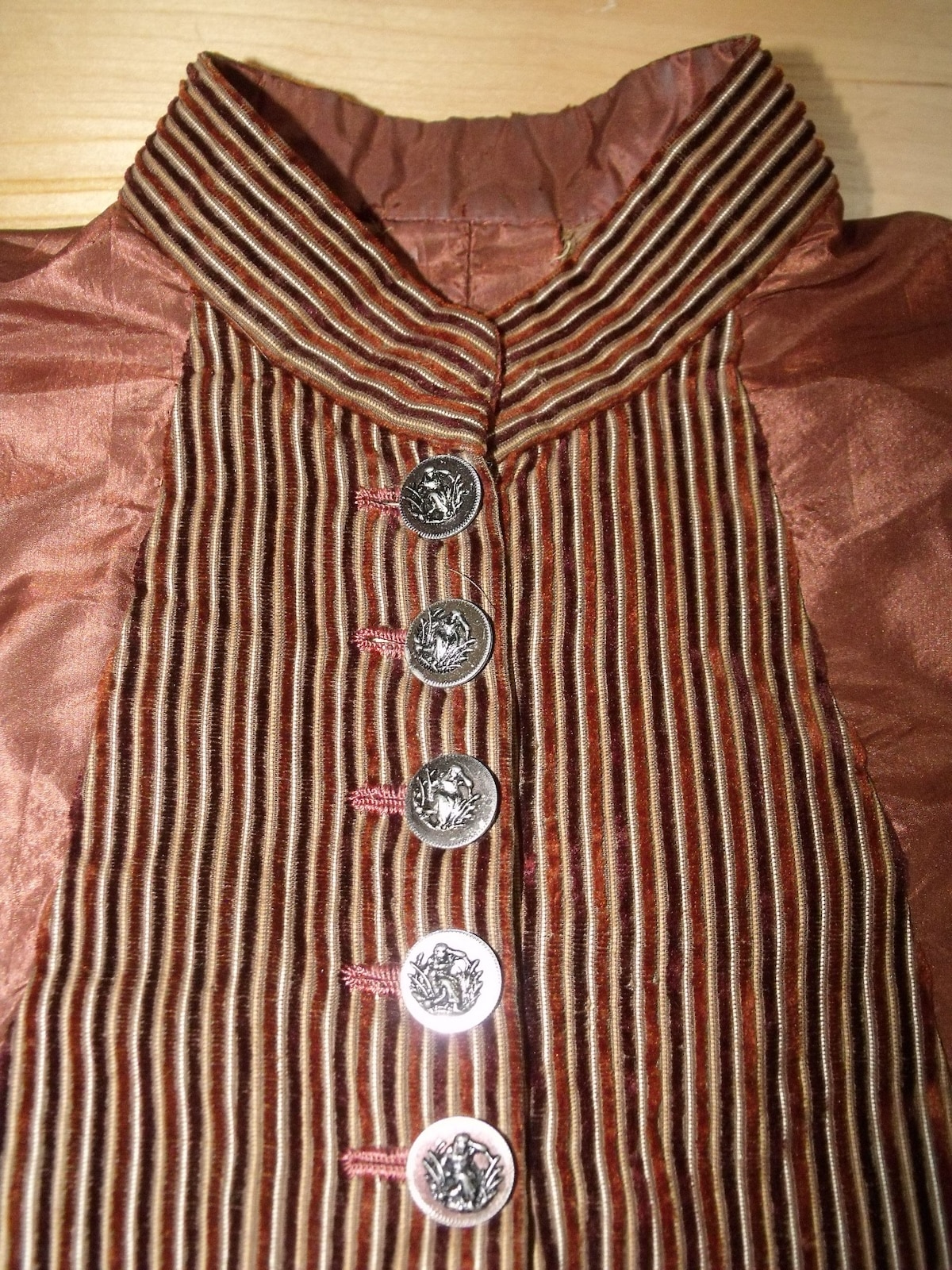
Photo: Sara Rivers Cofield
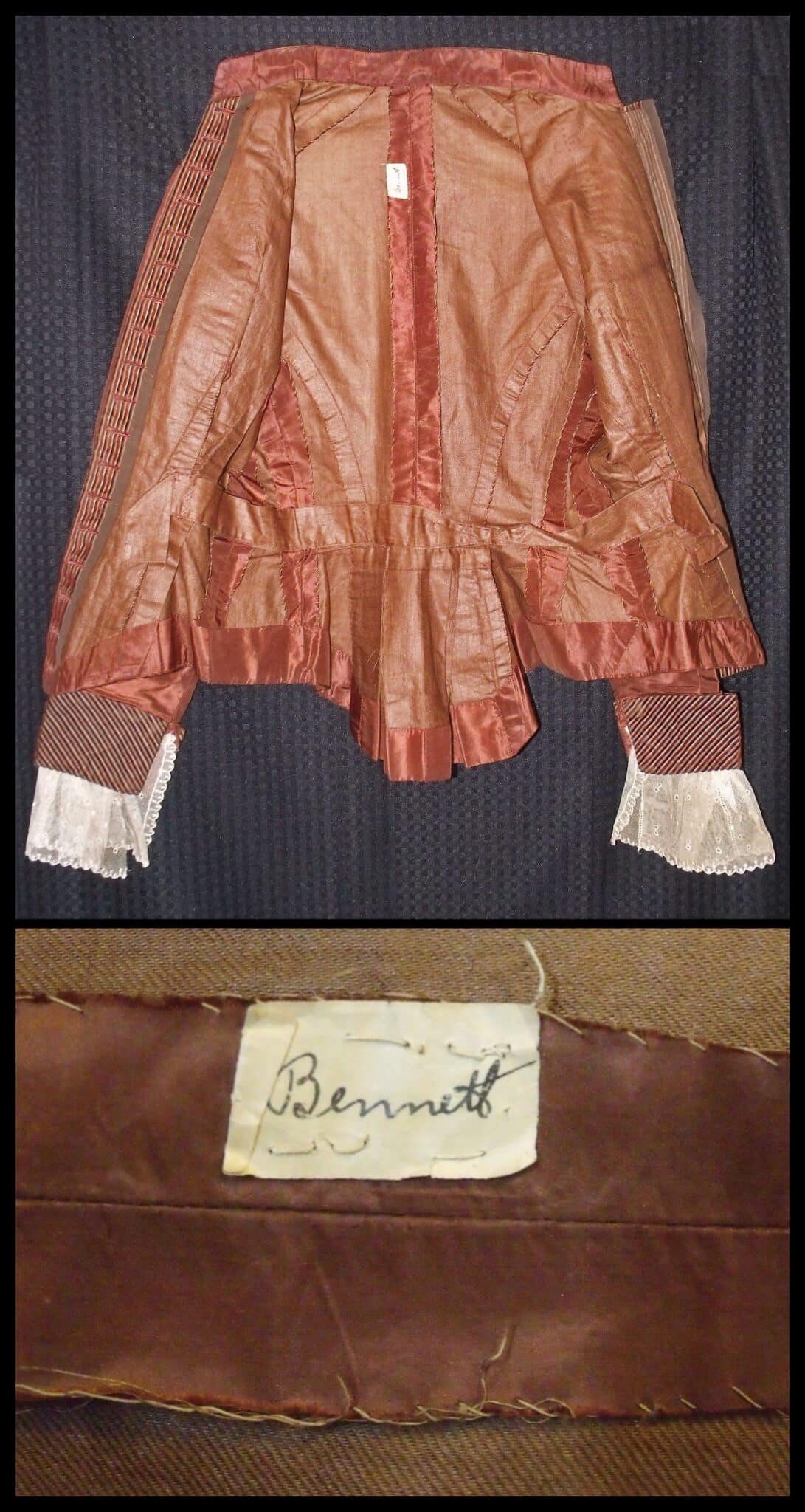
Photo: Sara Rivers Cofield
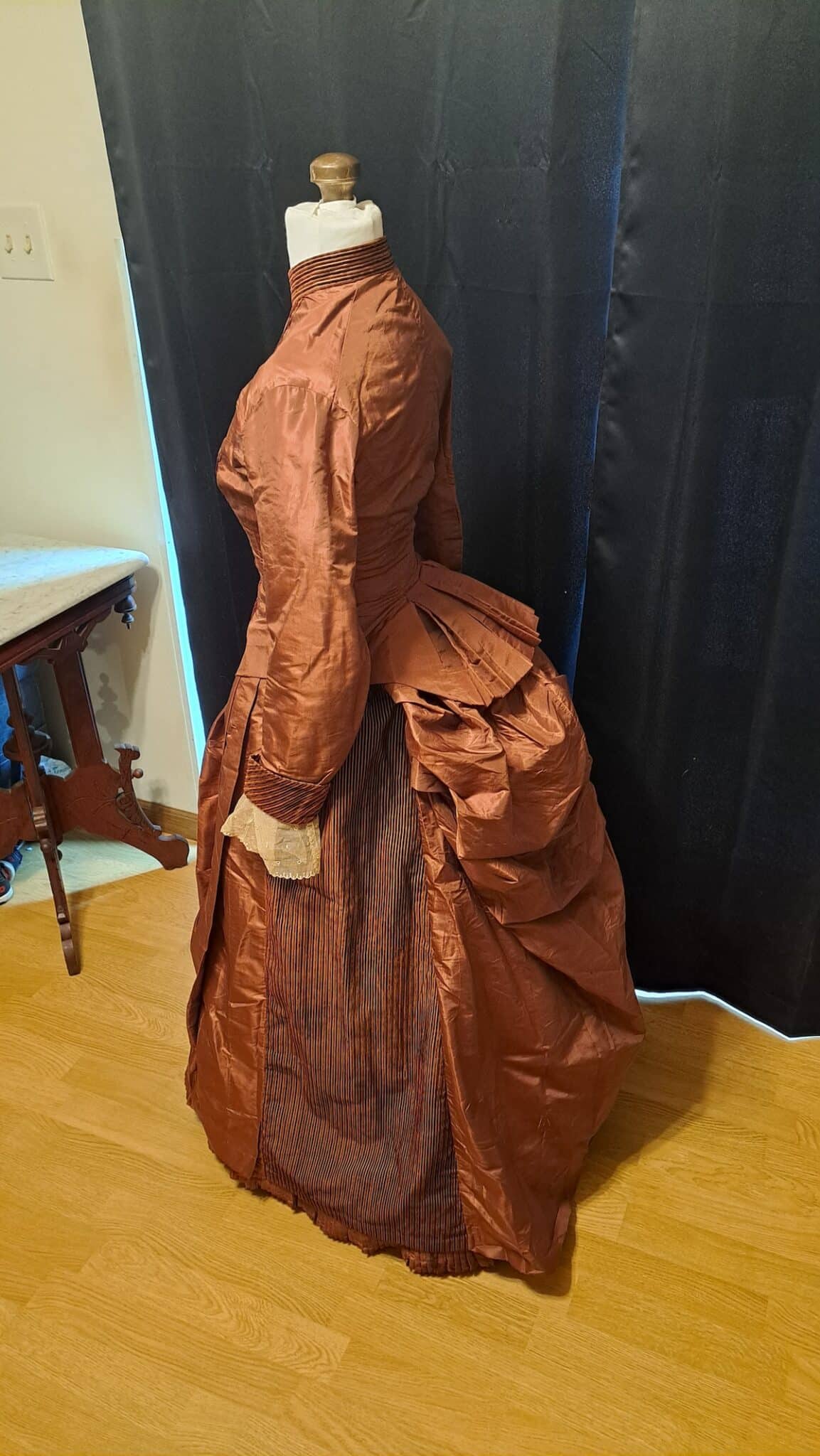
Photo: Sara Rivers Cofield
